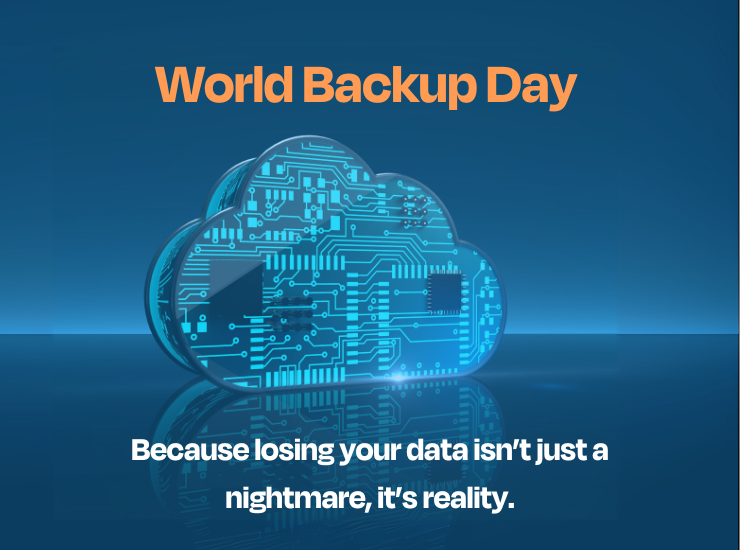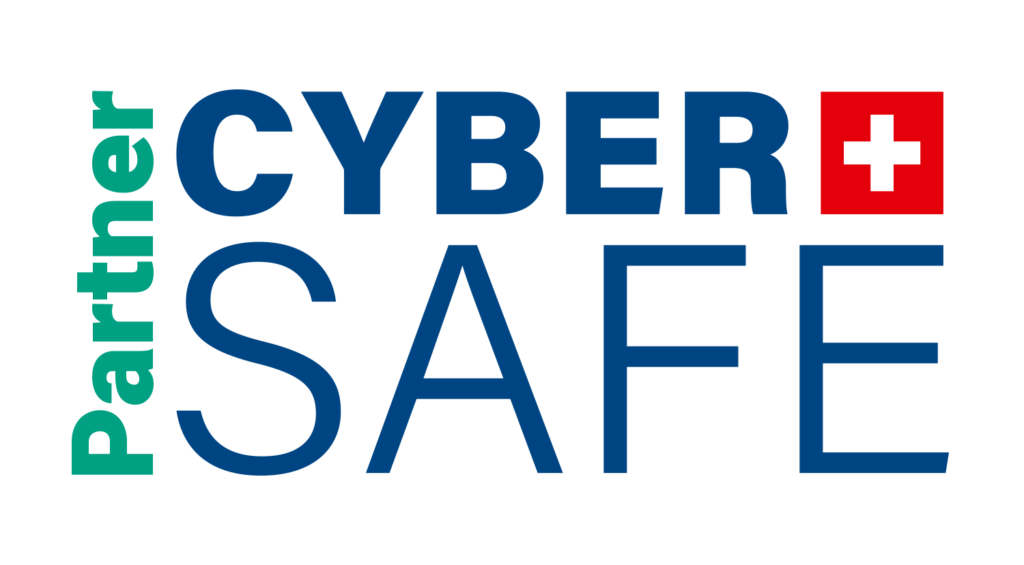Imagine this: you wake up one morning, reach for your phone or laptop, and… nothing. No photos, no videos, no emails, no contacts, no documents. Everything is gone.
Sounds like a bad science fiction movie? Unfortunately, it’s a very real possibility.
Today is World Backup Day—a perfect moment to reflect on something we tend to overlook until it’s too late: our backups.
To help us unpack this vital topic, the Cyber Security Coalition recently sat down with our very own Jean-François Stenuit, Incident Handler at Approach Cyber, for an episode of Cyber Talk, the coalition’s monthly podcast.
The data tsunami we’re living in
We live in a world where data is being generated constantly—from selfies and voice notes to corporate files and customer records. In our personal lives, we generate and store thousands of pictures, messages, and documents. In businesses, the shift to digital is now complete—especially post-COVID, when the last bits of paper were finally replaced by bytes.
But where there’s data, there’s risk.
Three major threats to your data
Jean-François identifies three major threats to our data:
- Human Error – Accidentally deleting files happens more often than we’d like to admit.
- Hardware Failure – Think spilled coffee or, yes, your phone taking a dive into the toilet.
- Cyber Attacks – Ransomware attacks can encrypt your entire system and hold it hostage.
In his experience, ransomware attacks aren’t just common—they’re routine. His team handles them weekly. Globally, there are an estimated 15 attacks per day, totalling over 5,000 a year.
And the consequences? They range from massive downtime to companies shutting their doors permanently.
Backups: your last line of defence
Here’s the kicker: even if you do have backups, they’re only helpful if:
- They weren’t encrypted along with everything else,
- You can actually restore from them,
- You’ve tested them.
You’d be surprised how many companies think they have a solid backup strategy but discover—too late—that the backups were never functional or got encrypted too.
Jean-François emphasised the importance of testing your backups regularly for this exact reason.
At home: easy wins with automated backups
For personal devices, the solution is often right in your pocket. Both Apple and Google offer automatic cloud backups. Enable them. Make sure your phone is plugged in and connected to Wi-Fi overnight. It’s that simple.
In business: think layers, not one-offs
Businesses have more at stake and therefore need multi-layered backup strategies:
- Use cloud-based backup services that can’t be altered by malware.
- Ensure backups are disconnected from the network during normal operations.
- Keep multiple copies, including offline backups (like external hard drives stored securely offsite).
- Encrypt backups—but don’t lose the encryption key.
One particularly effective (and affordable) method for small businesses? Rotate two external hard drives daily: one used while the other stays disconnected. It’s old school—but it works.
Don’t Just Back Up—Back Up Smart
There’s no one-size-fits-all answer. The backup frequency depends on how much data you can afford to lose. For some, losing 72 hours’ worth of data is acceptable. For others, even an hour would be a disaster.
Jean-Francois also stressed the importance of identifying your critical data—the “crown jewels.” Whether it’s a company’s client records or your baby’s first steps, protect what matters most first.
So, what should you do today on World Backup Day?
On this World Backup Day, take just a few moments to:
- Check if your personal devices are backed up automatically.
- Test your restore process—yes, actually recover a file.
- Review your company’s backup strategy, or ask your IT team if you’re unsure.
- Make a plan to identify your most critical data.
And if you’re not sure where to start? Ask a professional. Cyber security experts can help you define what’s truly critical and ensure you’re protecting it effectively.
Because at the end of the day, it’s not just about making backups—it’s about making sure they work.
Want to listen to the podcast? Check it out here.






